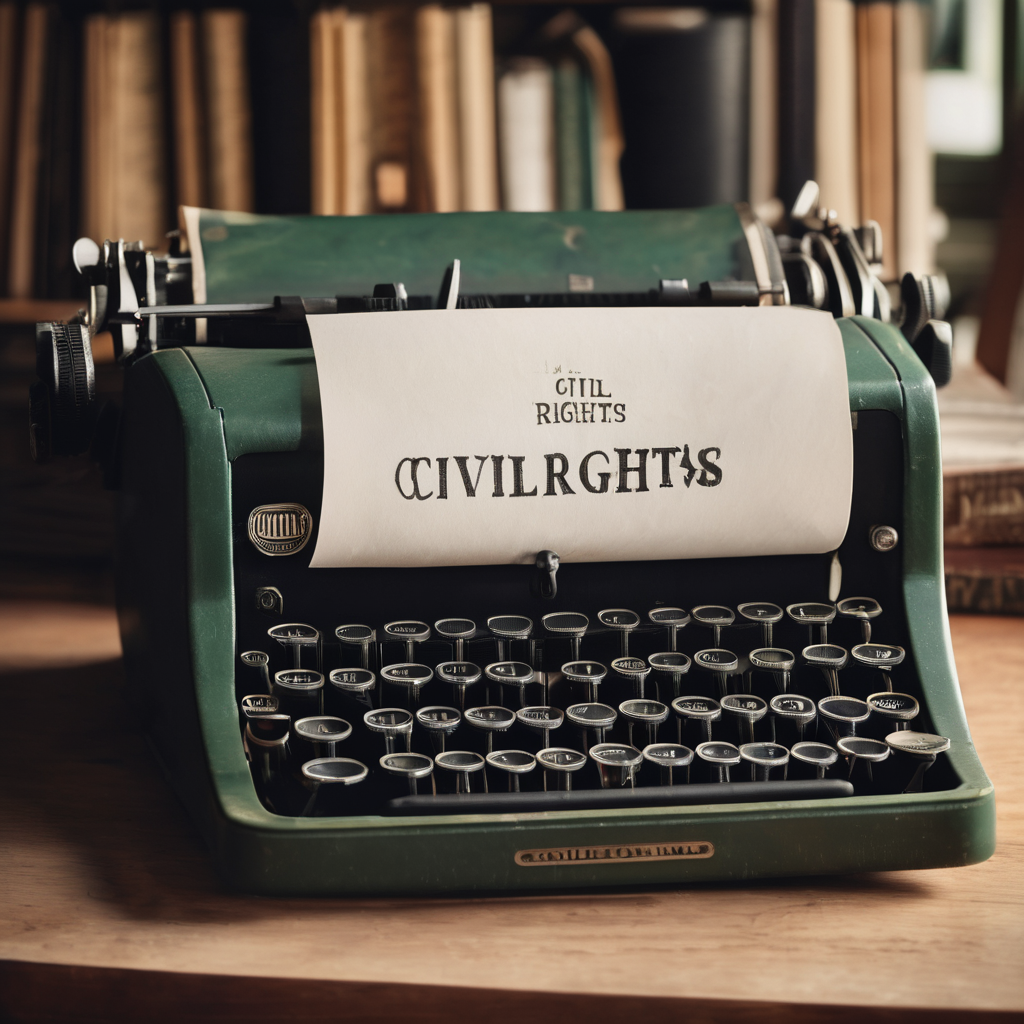On October 9, Howard University hosted a remarkable fireside chat honoring one of its esteemed alumni, Andrew Young, celebrated for his extensive contributions to the Civil Rights Movement and public service. The event took place in Cramton Auditorium, coinciding with the premiere of his MSNBC documentary, “Andrew Young: The Dirty Work.” Young, whose illustrious career includes serving as the U.S. Ambassador to the United Nations and mayor of Atlanta, engaged in a compelling discussion moderated by Pulitzer Prize-winning journalist Jonathan Capehart, alongside noted entrepreneur John Hope Bryant.
The event served as a tribute to Young’s profound journey from a Howard student to a global human rights advocate, imparting valuable lessons in leadership and moral courage to current students. Dr. Wayne A. I. Frederick, interim president of Howard University, emphasized Young’s significant legacy and its alignment with the institution’s mission of truth and service over its 158 years.
Frederick shared personal anecdotes from his experiences with Young, highlighting his embodiment of leadership rooted in service. He articulated that Young’s visit offered students an opportunity to connect with “living history” and to witness Howard’s ongoing influence on the global stage.
The title of the documentary sparked an insightful discussion, with Young reflecting on the concept of the “dirty work” often overlooked in the pursuit of progress. He shared that during his time at Howard, he embraced unglamorous tasks essential for the movement’s success, such as organizing correspondence for Martin Luther King Jr. and mediating disputes. Young recounted a valuable lesson from his father: “Don’t get mad — get smart,” which guided his approach to challenges throughout his life.
He detailed a pivotal moment in the fight for the Civil Rights Act of 1964, recalling his visit to St. Augustine, Florida, where he faced violent opposition from Ku Klux Klan members while attempting to maintain peace during a contentious protest. Reflecting on this experience, Young remarked that enduring the assault was “the most successful” beating he ever endured, emphasizing the sacrifices made for greater societal gains.
The dialogue also revealed the significance of Young’s role among civil rights leaders. His ability to mediate between factions allowed him to calm tensions and facilitate communication. Young described King’s acknowledgment of his skill in balancing emotions, underscoring the collaborative effort crucial to the movement’s success.
As Young shared his reflections, he inspired the audience with his commitment to enacting change through perseverance and compassion, reinforcing the importance of nonviolent principles in the pursuit of justice. The event not only celebrated Young’s incredible legacy but also served as a reminder of the crucial role individuals can play in shaping history and advocating for equality.
